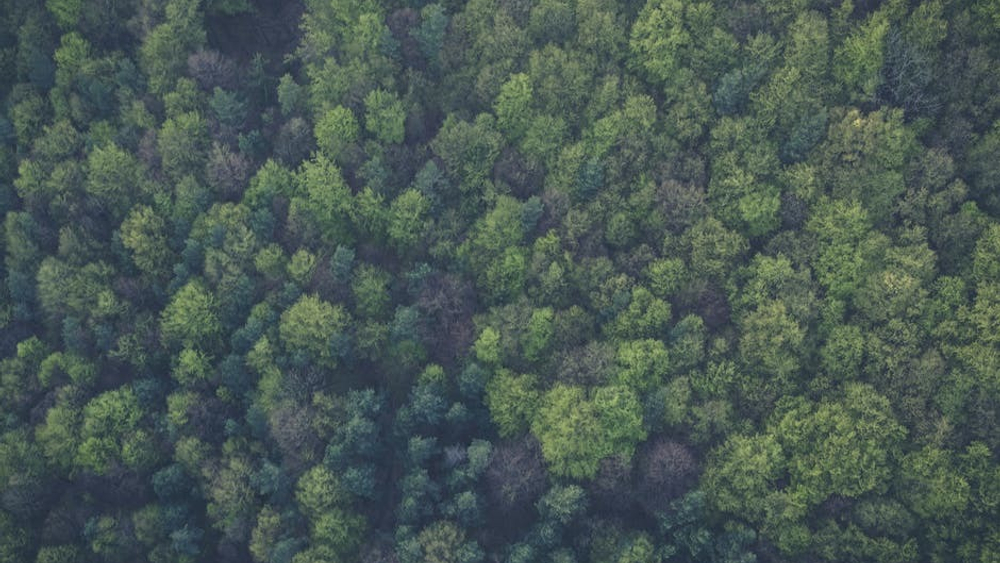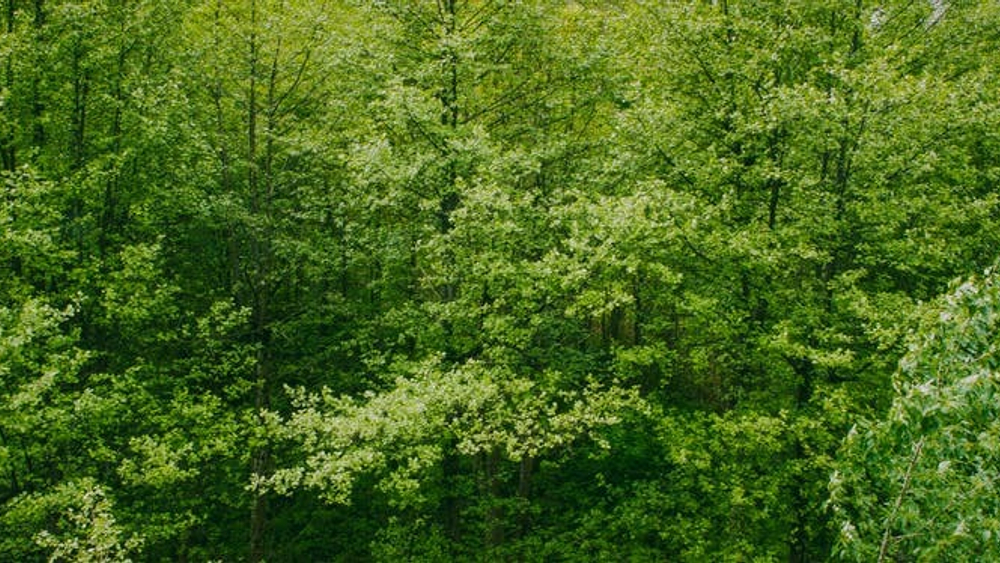In the search for the perfect type of wood flooring for a commercial space you are likely to come across exotic wood flooring. Using exotic wood for commercial flooring is entirely possible, but should you do it? While exotic wood creates a one-of-a-kind appearance that sets apart a commercial space from competitors, there are real worries about the use of this resource for flooring. Learn more about the pros and cons of choosing exotic wood species for flooring, along with ways to overcome this issue.
Exotic Wood Species 101
What is an exotic wood species? It is a wood that comes from a tropical forest or other exotic climate. This type of wood species differs from domestic wood, which is wood that is sourced locally or from forests in your home country. For example, domestic wood species in the US include Oak, Maple, and Pine. On the other hand exotic woods include tree species like African Mahogany, Brazilian Cherry and Acacia. These wood flooring types are highlighted by interesting wood grains and hues. The use of exotic hardwood flooring also increases the value of a commercial space and many exotic wood species are harder than domestic woods. If you are searching for a hardwood for the flooring in a commercial space, the use of exotic species could be a viable consideration.

Cautionary Tale of Exotic Species
At the same time you want to be cautious when choosing exotic wood for flooring. A serious threat to the ecosystem of forested areas, harvesting exotic wood is not as simple as harvesting domestic wood, such as Oak or Maple. By removing large tracts of exotic species from countries, such as the Brazilian rainforest, this is leading to deforestation. Along with the trees harvested for lumber the animals and other plant life are also being destroyed in devastating numbers.
Furthermore, with many of these exotic tree species it takes decades if not longer for the trees to reach maturity and be able to be harvested for lumber. At the rate that loggers are chopping down trees in tropical locales, the environment is unable to keep up with the destruction.
This massive deforestation accounts for more than 10,000 acres destroyed in a single year in Brazil alone. Natural habitats are lost forever, as well as species of animals we have yet to even discover. As trees are chopped down in sizable numbers this increases the amount of greenhouse gas emitted into the atmosphere. In fact, approximately 15 percent of this gas comes directly from deforestation. This leads to a worsened carbon footprint, which is the last thing an eco-conscious commercial space wants to be associated with.
Other problems resulting from this deforestation include the disruption of the natural water cycle in those areas, leading to droughts and soil erosion. Worst of all, all of this deforestation is creating irreversible changes to the local climates of these forests. The majority of the exotic species taken from tropical forests are done so in developing third-world countries that are simply ill equipped to handle the tree removal rates. Rainforests, such as the Brazilian Amazon, are being destroyed rapidly.

Choosing Exotic Species in Earnest
So what are you to do? After all, the last thing you want to be is a commercial building owner responsible for the destruction of the Amazon rainforest. Customers and clientele who see the exotic wood flooring you’ve selected may not find it as attractive as you do, considering the deforestation issue. Thankfully there is a way to source exotic wood species that is safe for the rainforests and rest of the environment.
Start by looking for a hardwood flooring provider that features sustainable exotic wood species. This means that the wood species are easily replaced, and that their loss is not devastating to the local environment and culture. By choosing a sustainably sourced species you are getting the exotic look and feel for flooring without the negative consequences.
Choosing FSC Certified Wood
The next step is to search for exotic wood flooring that has been Forest Stewardship Council (FSC) certified. FSC certification indicates that the wood is in fact sustainably sourced. The FSC also promotes social and economical practices for logging in forests worldwide. How do you ensure that the exotic wood you are using for commercial flooring is FSC certified? By working with a reliable flooring expert that understands how to source FSC certified wood species.
As a side note, if you are interested in getting FSC certification for domestic wood flooring, you can do that, too. Domestic species that can be FSC certified include Maple, Oak, Cherry, Hickory and many more species. Just as with exotic wood species, domestic wood that has been certified is taken from forests that follow the eco-conscious requirements set forth by the Forest Stewardship Council.
Explore Wood Options at Nydree Flooring
We are here to help you find the perfect hardwood flooring for your commercial needs. While exotic wood is prized for its hardness and durability, we offer a viable and eco-friendly solution. At Nydree Flooring you can get acrylic infused hardwood that is 300 percent harder than the exotic wood you are considering. We also use reclaimed lumber as an environmentally sustainable option for your commercial flooring needs. If you are interested in the use of reclaimed wood give us a call at (800) 682-5698 at Nydree Flooring in Forest, VA.
